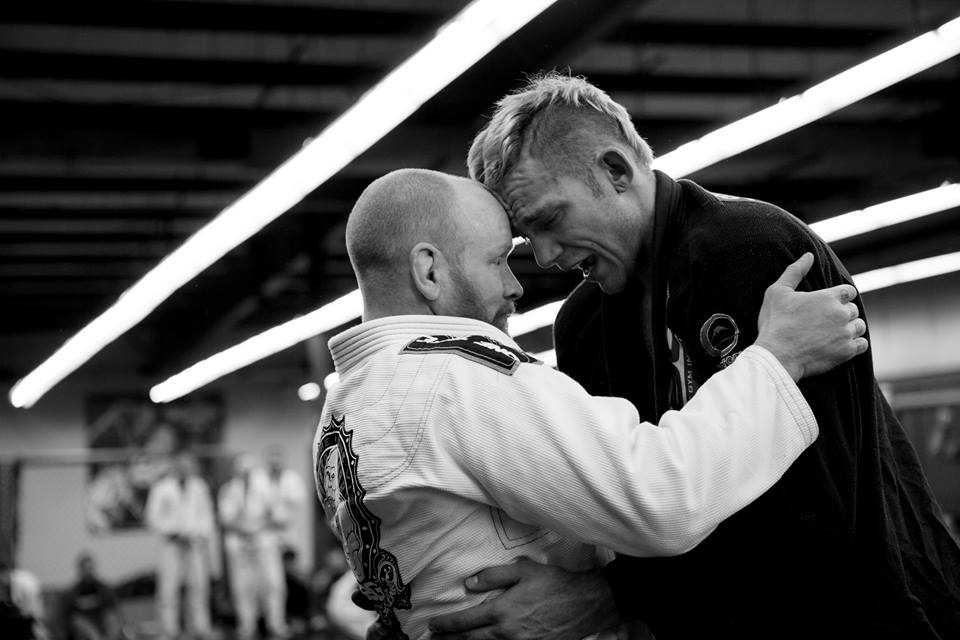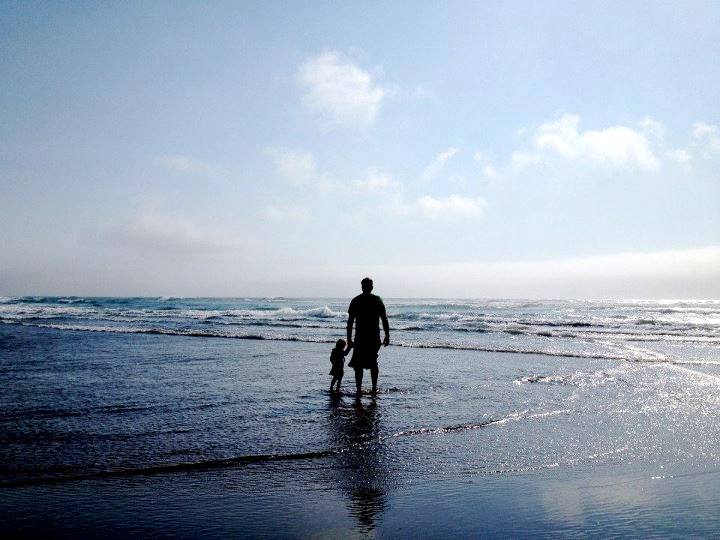For the last few years I’ve been working on a book related to violence and the martial arts. Many of the pieces I publish here, like the last one Appropriate Response Training – and Dads, are small excerpts from that work. So too is this one. The over all message is simple, anyone whose really studied the subject, and hasn’t concluded that issues related to maturity sit at the heart of most problematic violence, hasn’t understood the data.
The whole book is set to be finished at the end of this year.
It takes mentors to make men.
61 years ago, in 1954, Adlai Stevenson, the former of Governor of Illinois, gave a graduation speech at his Alma Mater, Princeton. To quote:
“What a man knows at fifty that he did not know at twenty is, for the most part, incommunicable. The laws, the aphorisms, the generalizations, the universal truths, the parables and the old saws — all of the observations about life which can be communicated handily in ready, verbal packages — are as well-known to a man at twenty who has been attentive as to a man at fifty. He has been told them all, he has read them all, and he has probably repeated them all before he graduates from college; but he has not lived them all.
What he knows at fifty that he did not know at twenty boils down to something like this:
The knowledge he has acquired with age is not the knowledge of formulas, or forms of words, but of people, places, actions — a knowledge not gained by words but by touch, sight, sound, victories, failures, sleeplessness, devotion, love.”
The knowledge Stevenson was referencing, the sum of which cannot be condensed into any handbook, aphorism, or algorithm, is something that is passed down at an individual level from the older generation. It requires fathers and mentors. It requires time. And human beings hunger for it.
It isn’t just young people who need advisors, structure, and guidance. Endless cycles of cultural experimentation have proven that all social primates, including human beings, need the advice and direction that more mature mentors can provide. It is not an accident that so many of the middle class kids who moved away from their more conservative parents in past decades, gravitated so easily towards autocratic and controlling “gurus” – even the noticeably sleazy ones, like the late biological terrorist and “enlightened” New Age Guru, Bhagvan Shri Rashnesh; whose works, published under the dippy pen name of “Osho”, can still be reliably purchased everywhere banal tripe is pedaled to the soft and credulous.
The very human need we social primates have for a societal framework wasn’t overcome, it was just replaced; and the consequences were deleterious. Yuppies born of privilege make easy prey for the typical sociopathic predators who thrive off the exploitation of the vulnerable. Just as the fatherless children in the ghettos do for the costume jeweled con artists who market themselves as “OG’s”. It may be a very different demographic, but it is the very same problem.
When animals become frightened they try and make themselves appear larger. Cats and dogs will expand their fur, bare their teeth, and arch their backs. Bears will stand upright, arms wide open, gesturing in large, expansive motions.
In the human animal, where do we see these same mannerisms expressed?
Where is someone small, trying to look large?
Where is the gait far too dramatic?
Where are the clothes far too big?
Where are the gestures far too theatrical?
Where is the attention seeking far too obvious?
Where we find that, we find fear.
Fear born from a lack of status. Fear reflected in the tacky way it is, despite the fact that it betrays a lack of dignity and power within human society, because the youth has yet to learn better. What we are viewing is immaturity.
The raising of mature men requires fathers. Where fathers are absent, it is mentors who make men.
Understanding what words like respect mean in the real world requires living examples that hold influence in the lives of boys. Values need to be taught. And while I greatly admire and deeply respect the teachers, social workers, and police officers, who work daily within communities with high out of wedlock birthrates in an effort to make the lives of the residents better, they cannot replace fathers, mothers, and loving relatives who take interest in, and sacrifice for, these kids. When 20% of the parents in a given school show up on parent teacher night, the teachers, no matter how smart, strong, and kind, cannot fill the gap that’s being made evident by the parent’s absence.
Public policies that weaken the family unit, public rhetoric that demeans the importance of the family unit, and economic incentives that decrease the value of the family unit, should be scrutinized, scorned, and ultimately, abandoned.
A strong community requires strong families.
A safe community requires strong fathers.
And a healthy population requires recognition of the dignity and duty inherent in being a parent – or – a mature mentor.

